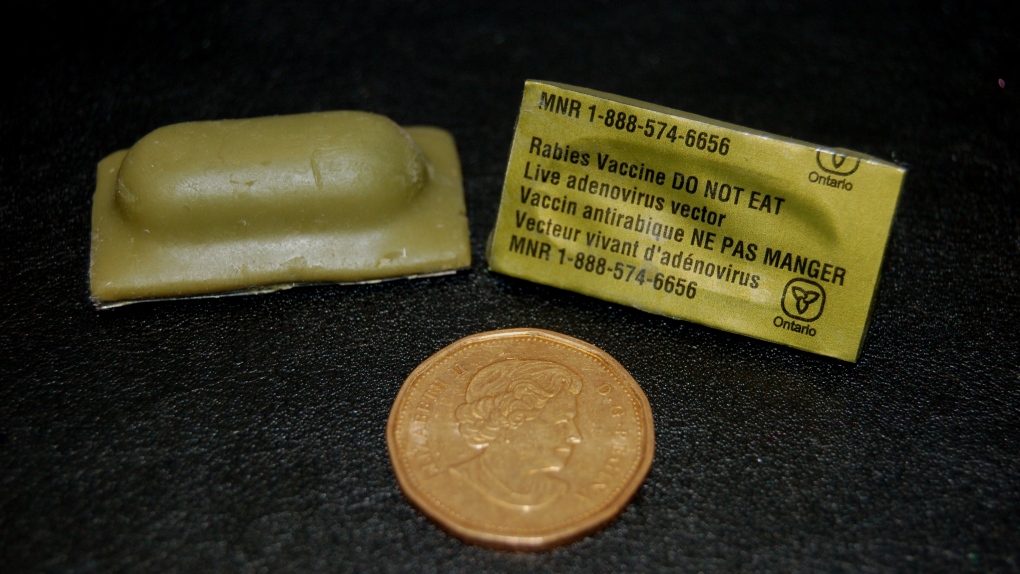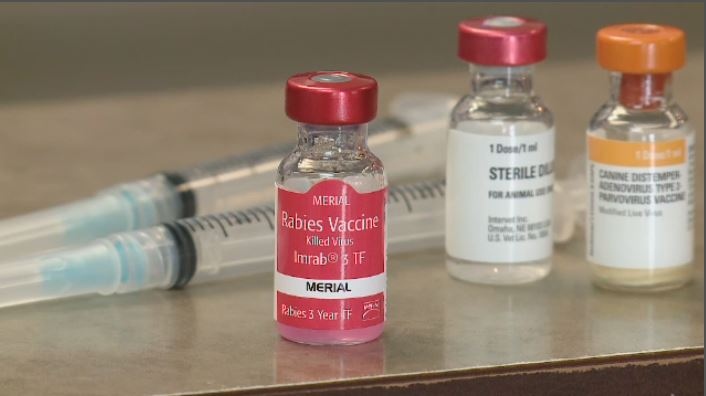The City of Mississauga is urging residents to “be informed and stay safe” after rabies was recently detected in two bats in the region.
These latest occurrences in Peel are the ninth and 10th known positive cases over the last five years, the municipality noted.
No humans or pets have been infected, however the City of Mississauga is advising people to be cautious as the virus can post a “serious health risk.”
Rabies is a deadly illness that affects the central nervous system of warm-blooded animals, including humans, and is transmitted through a bite, lick, or scratch from an infected animal. Typically most cases are seen in bats, foxes, raccoons, and skunks, but dogs and cats are also at risk of contracting the virus.
Rabies is almost always fatal for animals and humans, if untreated. A post-exposure vaccine is available for those who come into contact with an infected animal.
“Once in the body, the virus travels through the nervous system to the spinal cord and brain, replicating itself, and then travelling to other areas of the body,” the City of Mississauga said.
Rabies symptoms explained
Some of the initial human symptoms of rabies include anxiety, cough, fever, headaches, irritability, sore throat, and tiredness.
Someone who has been exposed to rabies without treatment may also experience pain, tingling, numbness or itching around the wound, the municipality noted.
Symptoms of rabies can take between three to eight weeks to appear after exposure, however they can progress quickly and the virus can be fatal within weeks of symptoms developing.
The more advanced symptoms of rabies include confusion, excitement, hallucinations, inability to drink water, increased saliva production, partial paralysis, and trouble sleeping and swallowing.
Anyone who believes that they may have been exposed to rabies should immediately wash the wound with soap and water and apply antiseptic, and seek immediate medical attention from a healthcare provider or a local hospital as a rabies vaccine may need to be administered. People are also asked to report any incidents to Peel Public Health.
Animals infected with rabies may show unusual aggression or friendliness, have trouble swallowing or excessive drooling, and may stumble or experience paralysis.
Nocturnal animals, like raccoons and bats, may also be active during the day, the municipality said. The incubation period for rabies in dogs and cats is usually 10 days.
Anyone concerned about an animal, including a pet, possibly having rabies is being urged to contact a professional for proper diagnosis.
Anyone who sees an animal displaying these types of symptoms and suspects that they may have rabies is asked to contact Mississauga Animal Services at 905-896-5858.
The City of Mississauga is a participant in the Ontario Government – Ministry of Natural Resources’ rabies bait program. Residents should note that small yellow pill packets have been left in parks, trails or forests throughout the city containing a rabies vaccine. These packets are not harmful to pets or humans, but shouldn’t be touched as they are meant for wildlife to eat.
 A rabies vaccine that is being distributed by Ministry of Natural Resources crews in some green areas in Toronto is shown. (Government of Ontario)
A rabies vaccine that is being distributed by Ministry of Natural Resources crews in some green areas in Toronto is shown. (Government of Ontario)
Rabies in Peel Region: How to stay safe
· Don’t approach, touch or feed wild animals, especially if they seem sick or aggressive.
· Make sure your pets are up-to-date on their rabies shots.
· Keep trash bins closed and don’t leave pet food outside to avoid attracting wild animals.
· Do not let your pets roam freely outdoor – keep them on a leash to avoid contact with wild animals.
· Watch your pets closely even on your own property to lower the risk of your pet being exposed to a potential carrier.
· Tell children not to approach, feed or touch wild animals, even if they seem friendly.
· If you or your pet is bitten or scratched by a wild animal, get medical help right away and report it to Peel Public Health at 905-799-7700. A Public Health Inspector will investigate the incident.
· Do not keep wild animals as pets.
